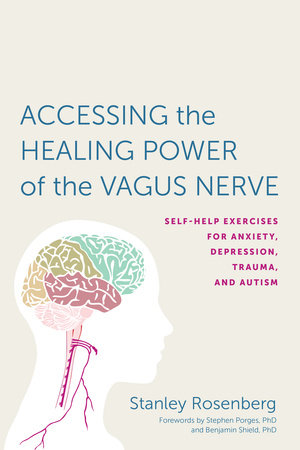ARTICLE
The Polluted Brain
Some of the health risks of inhaling fine and ultrafine particles are well-established, such as asthma, lung cancer, and, most recently, heart disease. But a growing body of evidence suggests that exposure can also harm the brain, accelerating cognitive aging, and may even increase risk of Alzheimer’s disease and other forms of dementia.











